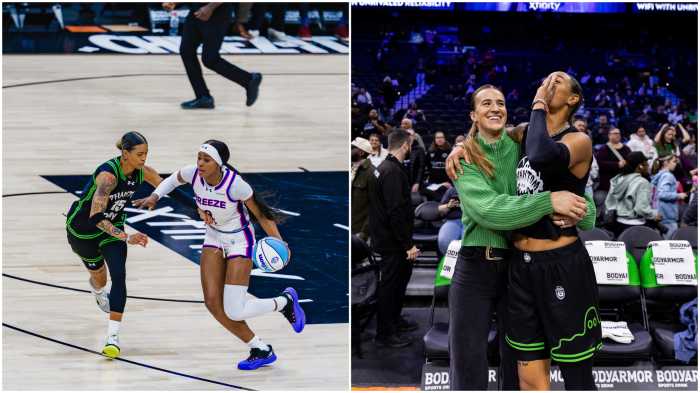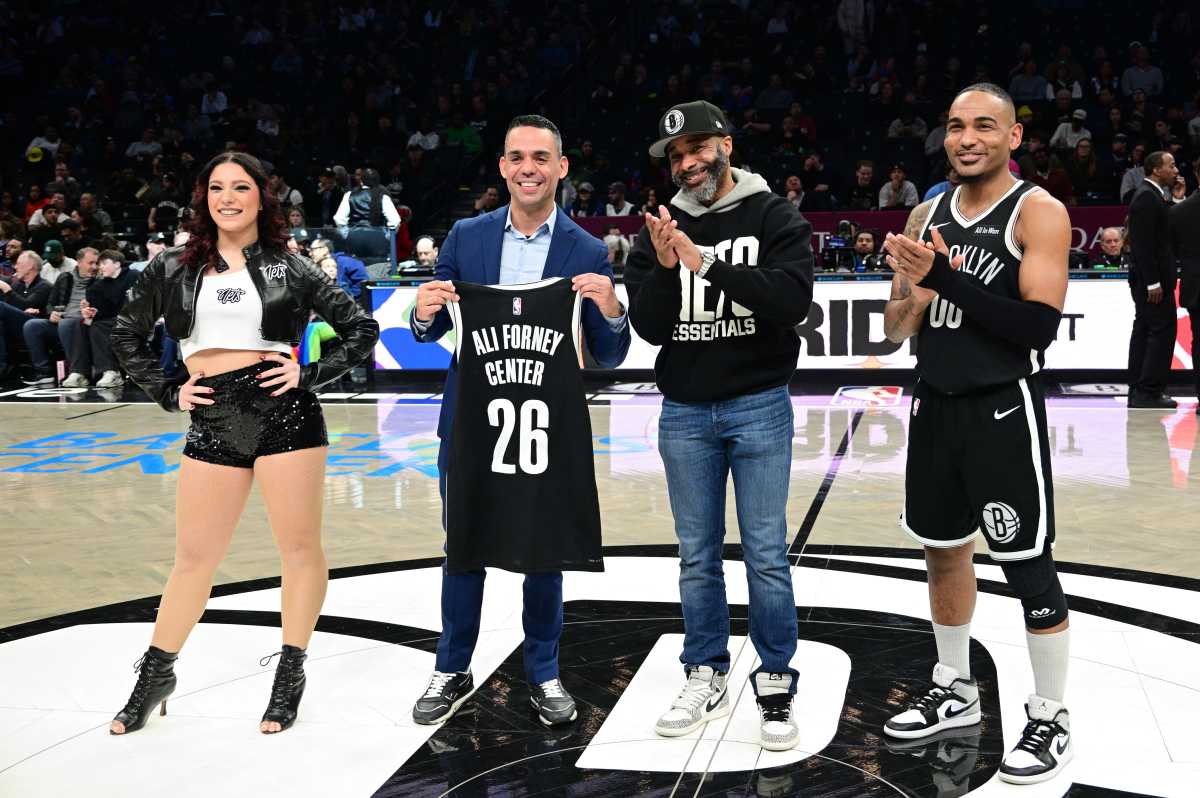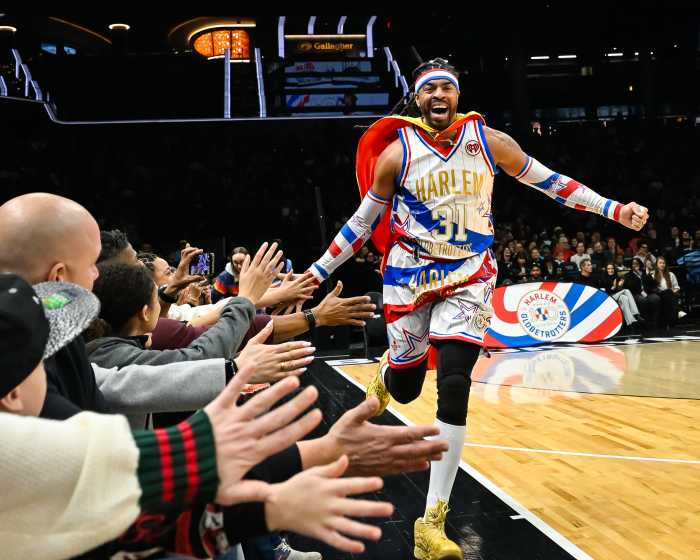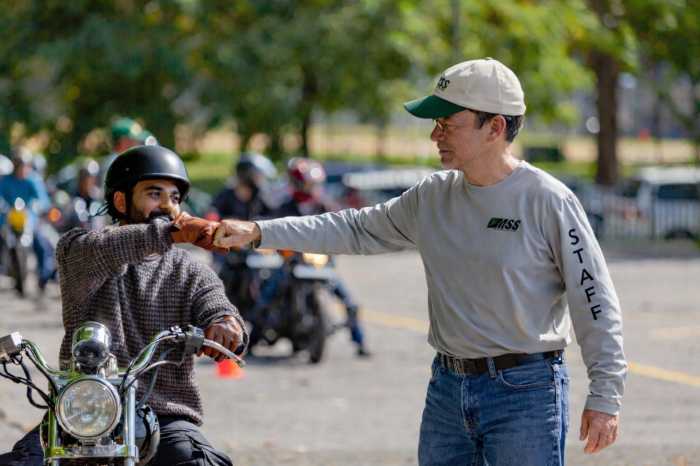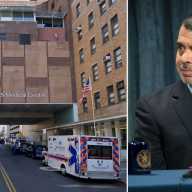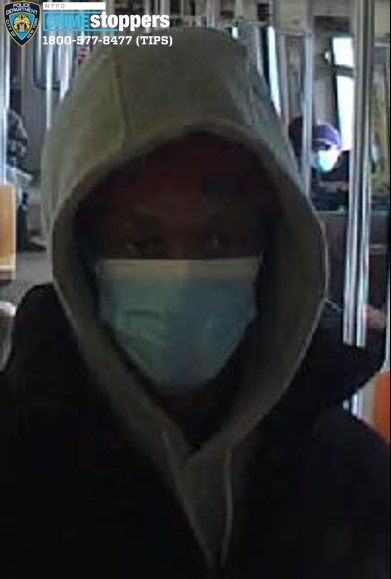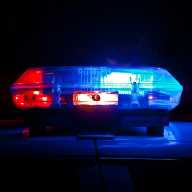The old expression goes: “Where were you when the lights went out? Down in the cellar eating sauerkraut,” On Thursday night, Aug. 14, the answers to the above question for many Brooklynites were varied. But when the lights went out for 50 million people in the northeast United States and southeast Canada, where were the members of the greater Cyclones community — the players, fans and staff of Brooklyn’s professional baseball team?
Let’s start with the players.
For most of the Cyclones, the answer to the question was, “Down in the clubhouse at Keyspan Park not eating sauerkraut” — or anything else for that matter.
The Cyclones had just won the final game of a series against the Jamestown Jammers, playing a rare afternoon game. The game had gone long, and the players were in the clubhouse, under the first base stands, when, at 4:11 pm, the power went off.
But at that time, who knew what was happening?
“We were in the clubhouse getting showers and getting ready to go back to the dorms [at Polytechnic University, in Downtown Brooklyn, where the Cyclones live],” said Clones first baseman Ian Bladergroen. “While some guys like Jonathan Slack were showering, the power went off and the fire lights started flashing. Stacy Bennett thought the flashing red emergency lights were sparks, and he thought Slack and the other guys were going to be electrocuted, so he started screaming, ‘Get out! Get out of the shower!’”
“It was hilarious,” said Bladergroen.
Bennett didn’t find his apprehension-filled cries so hilarious: “I was looking out for my teammates,” he said in his defense.
“Thank you. We appreciated your concern,” injected Slack, keeping a straight face.
Roger LaFrancois, the Cyclones’ hitting coach, tells what happened next.
“As soon as the blackout occurred, we had a decision to make. They weren’t allowing the players to go back to the dorms where the Cyclones are housed. [Polytech instituted a lockdown of the dorms, for safety reasons.] With traffic it would take forever to get back there, so we decided to stay here. It was a long and eventful night.”
So did the Cyclones sit around, speculating as to the causes of the blackout and contemplating its duration and eventual ramifications? Nope.
These guys didn’t get to become professional baseball players without being competitive. No electricity? They found ways to compete. “Down in the clubhouse they played pingpong and cards,” LaFrancois said.
“Then they played hide and seek out in the stadium. They broke up into two teams and put on some war paint and they were hiding all over the stadium. We supervised to make sure no one got hurt.”
“We were actually playing capture the flag,” said Cyclone Jonathan Slack. “We put the flags on each foul pole. One team used the black stuff that we wear under our eyes for warpaint. The other team found something a different color to make markings.”
When the game was over, the players headed back inside.
“We played some more pingpong and more cards. We listened to the radio and we tried to find something to eat, but there was really nothing to eat in here,” LaFrancois recalled. “We managed. We survived. Some of the guys went over to Peggy O’Neill’s [on Surf Avenue outside the stadium] and they grilled some hot dogs and hamburgers for the players. Everybody was trying to call home on cell phones and some of them worked and some of them didn’t. They had the sliding mats out for beds and they took some of the cushions in the hitting tunnel for pillows.”
But 25 guys trying to sleep on sliding mats wasn’t so comfortable, so at about 3 am, some of the players toured the darkened stadium.
“We couldn’t sleep, so some of us were walking around the stadium, and we went up to the press box,” Bladergroen said.
Up on the press level they found announcer Warner Fusselle [who couldn’t return to his Midtown Manhattan home] in “The Catbird Seat” and, said Bladergroen, “We talked and watched the people on the streets. It was so dark. It was pretty cool.”
While the players were sleeping in the clubhouse, what about the Cyclones staff — those hardy souls whose workday stretches to 14 hours when the team is playing at home?
According to Dave Campanaro, the Cyclones’ director of media relations and a resident of Park Slope, most of the staff took the extra time provided by the day game and went home and, blackout or not, caught up on some much-needed sleep.
But not everybody in Park Slope was asleep.
“By the time it was dusk, people started coming out on the stoops with wine and candles,” said fan Birnley Duke Dame.
“A few people had radios, but not many. It was a kind of block party atmosphere. A lot of us just kept going from stoop to stoop. We could look up and see the stars. Nobody wanted to go in because it was fun to have so many people out.
“As we were sitting there, one neighbor, who lives across the street from me and who works on the 57th floor at 51st Street [in Manhattan] made it home by walking four and a half hours from when she left her office building — walking downtown and then across the Brooklyn Bridge. She was completely exhausted, but she was a trooper,” she said.
“Her daughter came around about a half-hour later. She had walked home from Greenwich Village and she was all excited. She said, ‘You know what happened when we got to the foot of the Brooklyn Bridge? [Borough President] Marty Markowitz was standing there, waiting for us, and he kept saying to everyone, ‘Welcome home Brooklynites! Welcome home!’ She said people were trudging across the bridge hot and tired, it must have been around 9:30, and people were enchanted to hear him saying, ‘Welcome home, Brooklynites!’”
In Windsor Terrace, longtime resident and Cyclones fan John Davenport described the scene on his block of 17th Street.
“We lit candles up and down the street, and we all bonded. There were a couple of neighbors on the block, senior citizens, who couldn’t cook for themselves, and we managed to get some food, and we got a little barbecue going,” he said. “We cooked whatever we had that was going to spoil. We had some chickens, we had some Italian sausage, we barbecued this stuff and gave it to the people.
“So it was a good day. It was nice and quiet compared to the trouble in 1977.”
The blackout wasn’t as painless for everyone as it seems to have been for most of the Brooklyn Cyclones community. There were fires set by candles and there were isolated instances of lawlessness.
But for the majority of the Brooklyn Cyclones, and the team’s staff and fans, the day gave them the opportunity to fulfill the Latin saying, “Carpe Diem” — “seize the day.”
And they did just that.


